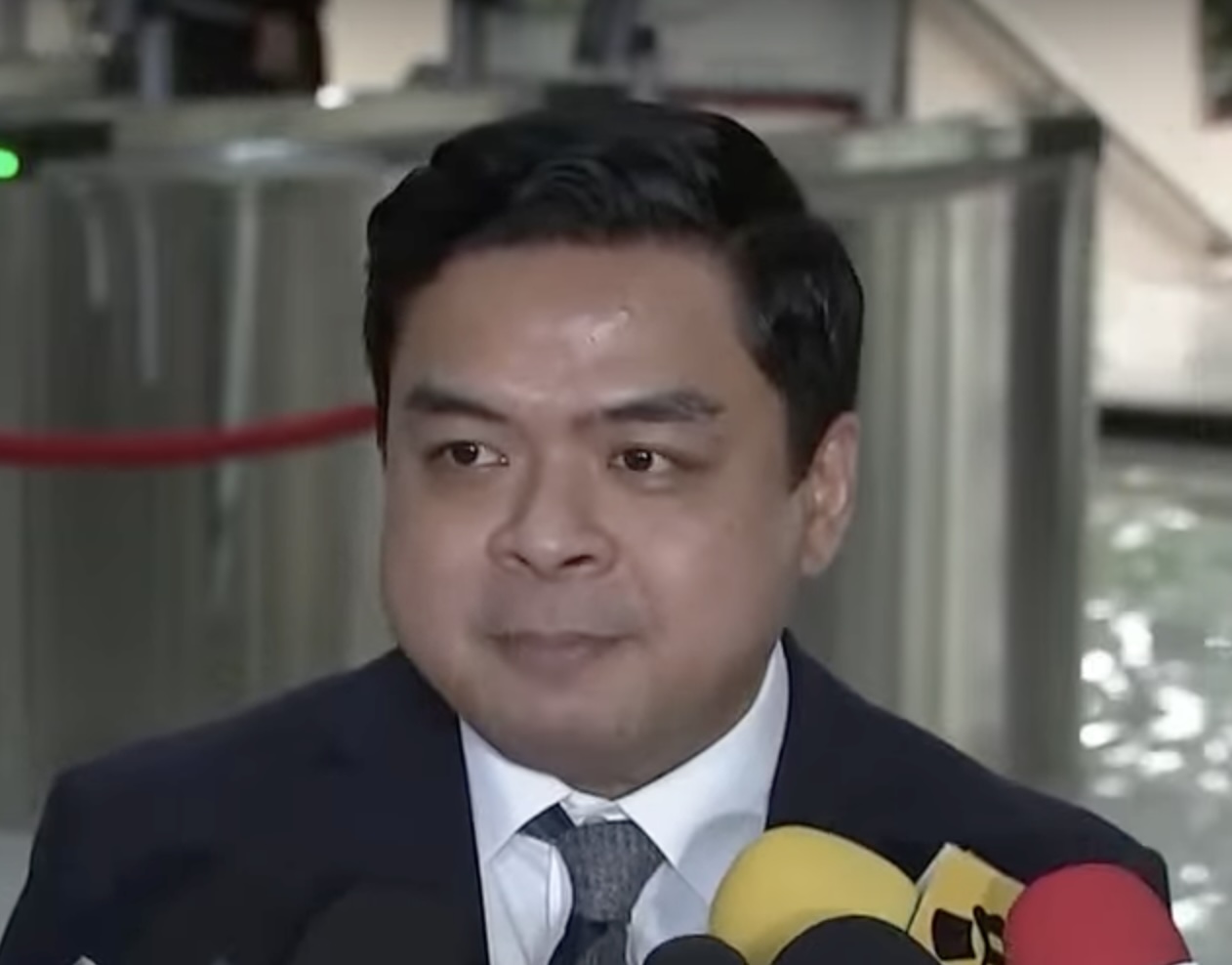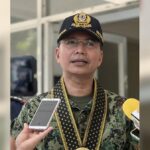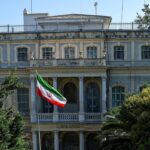Filtered by: Topstories
The alleged ghost flood control project in Bulacan that angered President Ferdinand “Bongbong” Marcos Jr. was an allocation proposed by the Department of Public Works and Highways, and not a congressional insertion from lawmakers, a co-chair of the House Infrastructure Committee stated.
This is based on an analysis of the National Expenditure Program, which contains proposed allocations submitted by the executive branch to the legislative, and the General Appropriations Act, the budget law passed by Congress.
“Many of the flood control projects visited by the President of the Philippines, particularly in Bulacan, and even those in Baguio, are National Expenditure Program-originated projects. These are not congressional initiative-originated projects,” the co-chair said.
“This includes the ghost project supposedly implemented by the first engineering district of Bulacan through SYMS Construction Trading,” he added.
The co-chair noted this also includes the substandard projects in Bulacan that Marcos flagged.
“The substandard project implemented in Bulacan, by the same District Engineering Office and carried out by St. Timothy Construction, is also found in the National Expenditure Program, I think from 2023 or 2022,” he stated.
The Public Works Secretary said he would verify claims that some ghost projects were “National Expenditure Program-originated” and proposed by the DPWH.
“We will try to find out if this is correct. Maybe if it is NEP or initiated, we will try to find out. But for as long as it is a ghost project, then we’ll have to file the necessary charges against those who are included in this program,” the Secretary said.
“In fact, today I think I have issued the preventive suspension of the district offices involved in ghost projects,” he added.
The House Infrastructure Committee will start its investigation on flood control projects and other infrastructure on September 2.
Among those who will be summoned are the top 15 contractors mentioned by the President, as well as officials from the DPWH, Commission on Audit, and Bureau of Internal Revenue.
“There should be criminal charges for ghost projects. If it’s a ₱55 million project that was pocketed, isn’t that already considered plunder?” the co-chair remarked.
When asked if the Public Works Secretary will be held accountable, the co-chair responded, “We will see the level of his responsibility.”
“But, again, if he admitted, for example, that there was failure to check at the level of the Central Office or at the level of the Regional Director, there is ultimate responsibility on the secretary of the Department of Public Works,” he added.
The Secretary denied any involvement in the alleged corrupt practices.
“Absolutely on my part. No, no, no, no. I don’t even have to tolerate this. I don’t tolerate this kind of attitude,” the Secretary said when asked if he could confidently state he did not benefit from any infrastructure project.
“That’s why I’m filing all the charges against anybody who is involved in these ghost projects that were discovered by the President,” he added.
Meanwhile, the Commission on Audit will conduct a technical inspection of all flood control projects from January 1, 2022 to July 31, 2025, whether ongoing or already completed.
Bulacan
Bulacan is a province in the Philippines, located just north of Manila, known for its significant role in the country’s history. It was a major site of resistance during the Spanish colonial period and was the place where the historic 1898 Malolos Constitution, which established the First Philippine Republic, was drafted. Today, it is celebrated for its historical landmarks, vibrant festivals, and as a center for local crafts and cuisine.
Baguio
Baguio is a mountain resort city in the northern Philippines, established as the country’s official “Summer Capital” by American colonizers in the early 20th century. It is renowned for its cool climate, lush parks like Burnham Park, and its significance as a hub for the Igorot people of the Cordillera region.
National Expenditure Program
The National Expenditure Program is not a physical place or cultural site, but a government budgetary document. It is a detailed plan outlining how a government intends to allocate its financial resources across various departments and initiatives for a given fiscal year. Its history is tied to the development of modern public financial management and legislative oversight of the budget.
General Appropriations Act
The General Appropriations Act is not a physical place or cultural site, but a legislative bill passed by the United States Congress. It is the primary mechanism for funding the federal government’s operations and agencies for a fiscal year. Its history is rooted in the constitutional power of the purse granted to Congress, with the modern budget process formalized by the Congressional Budget and Impoundment Control Act of 1974.
House Infrastructure Committee
The House Infrastructure Committee is a standing committee of the United States House of Representatives. It is responsible for legislation related to public works, including water resources, economic development, and the nation’s transportation systems. The committee’s modern form was established in 2019, but its legislative jurisdiction has roots in the historic Public Works Committee.
Department of Public Works and Highways
The Department of Public Works and Highways (DPWH) is the executive department of the Philippine government responsible for the planning, design, construction, and maintenance of national infrastructure, including highways, bridges, and flood control systems. It was formally established in 1899 and has since played a central role in the country’s physical development and public works projects.
Commission on Audit
The Commission on Audit (COA) is an independent constitutional body in the Philippines responsible for auditing government revenue and expenditure. It was formally established by the 1987 Constitution, succeeding earlier auditing agencies that date back to the American colonial period. Its mandate is to ensure accountability and transparency in the use of public funds.
Bureau of Internal Revenue
The Bureau of Internal Revenue (BIR) is the government agency of the Philippines responsible for assessing and collecting all national internal revenue taxes. It was formally established in 1904 during the American colonial period through the Reorganization Act. Its primary mission is to fund government operations and promote sustainable economic development through efficient tax collection.






